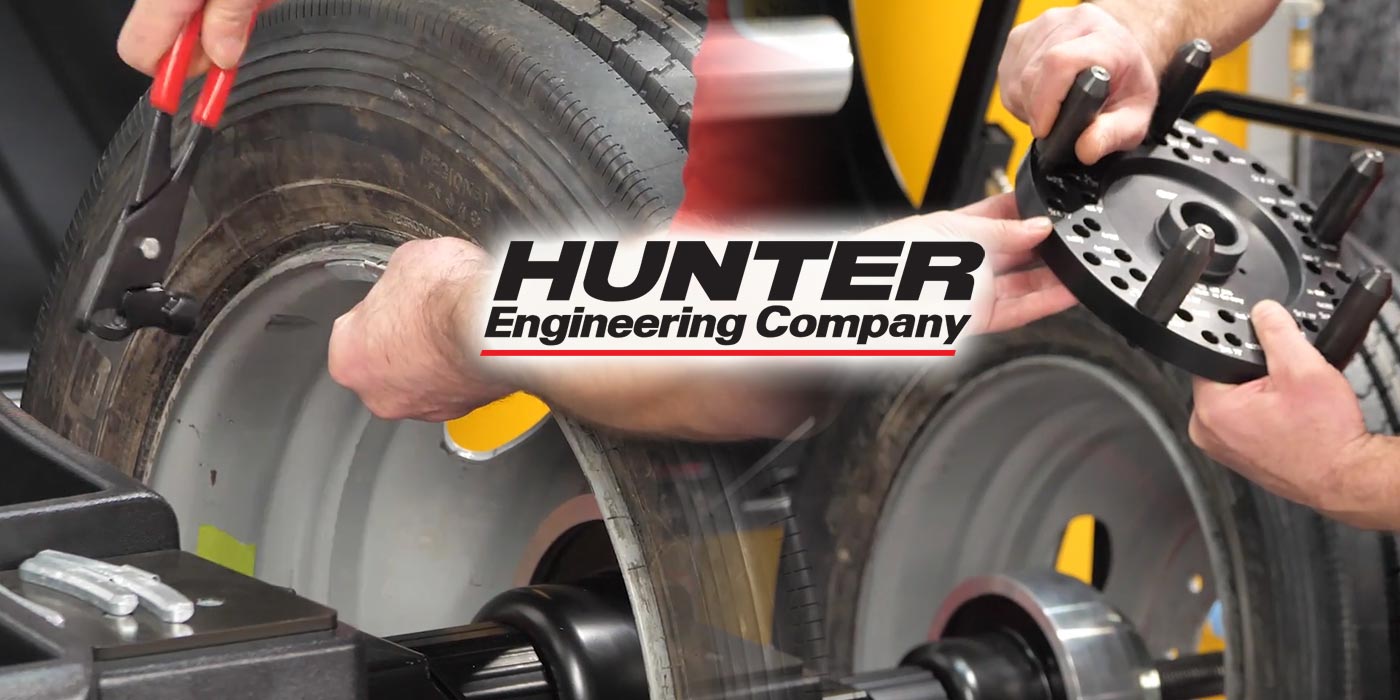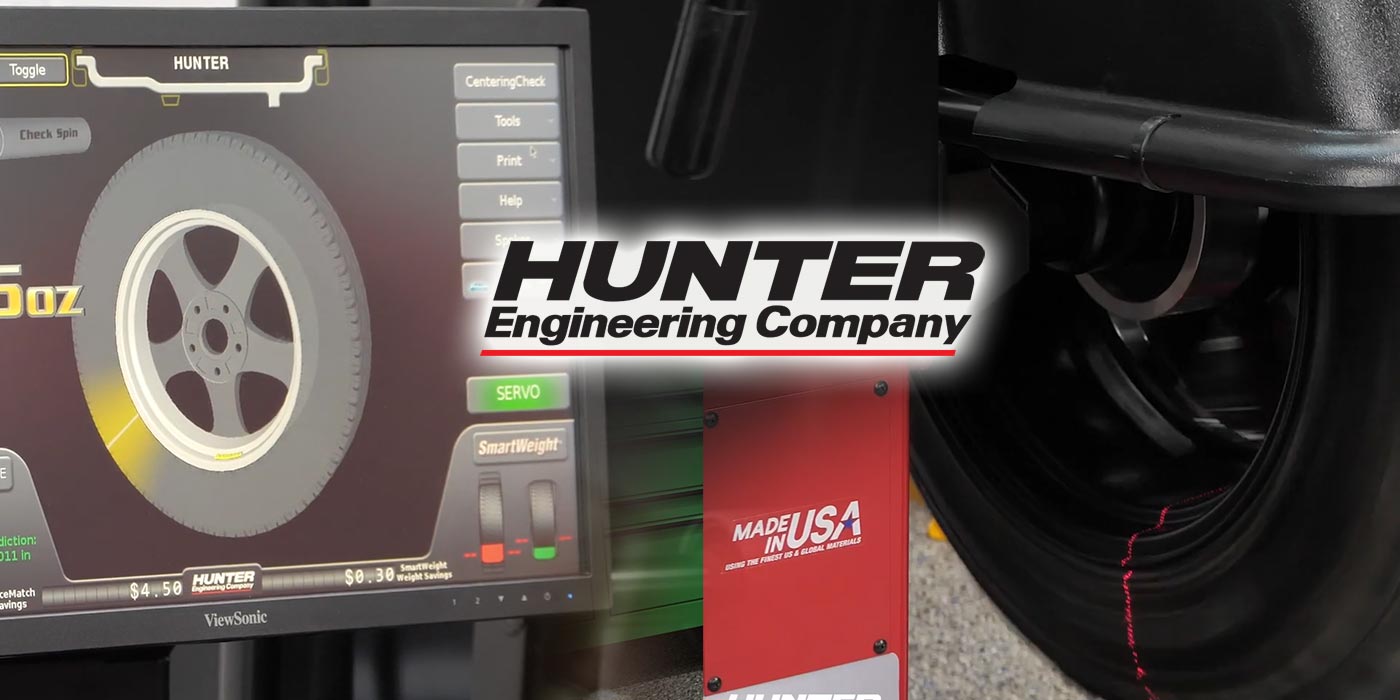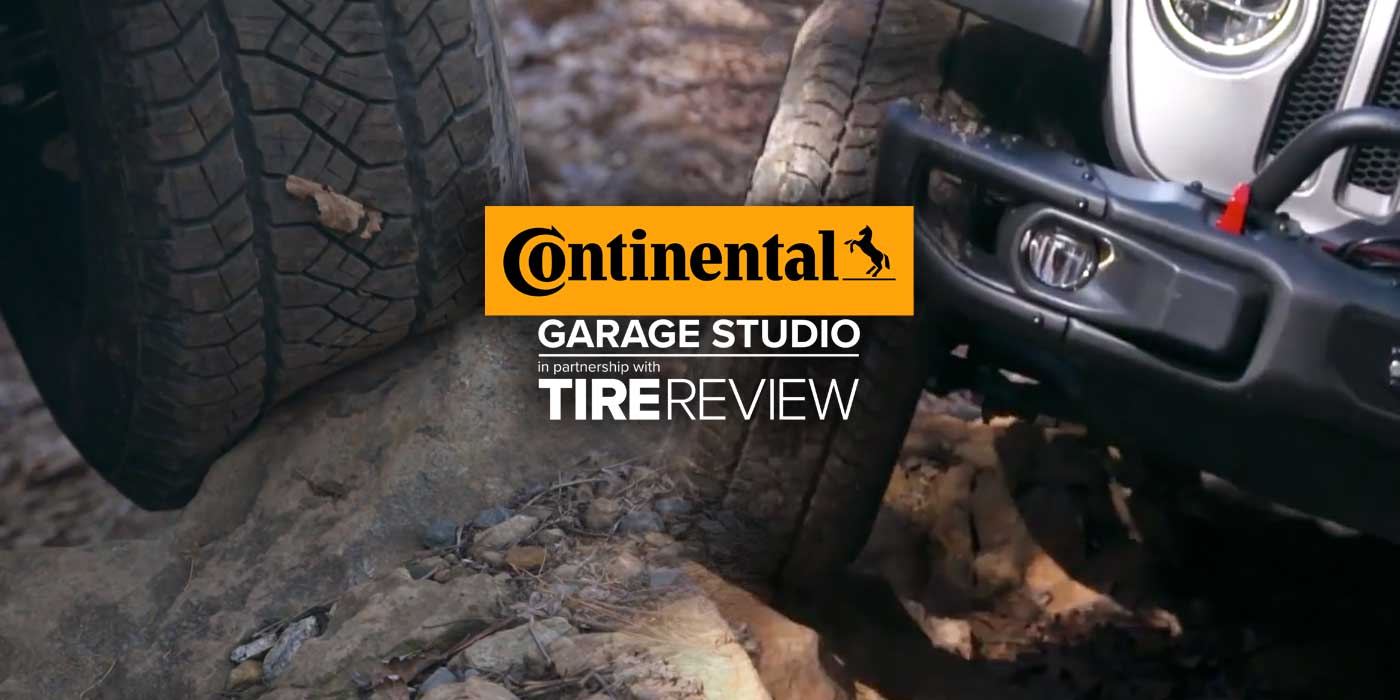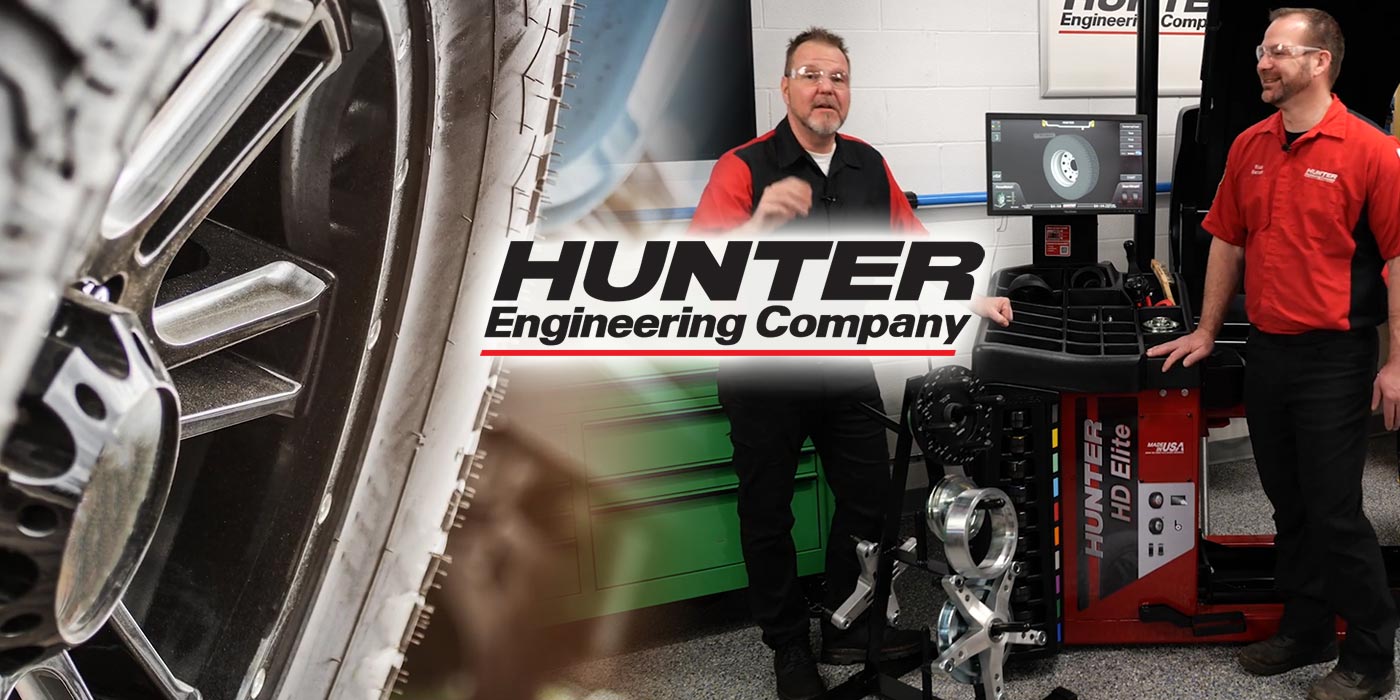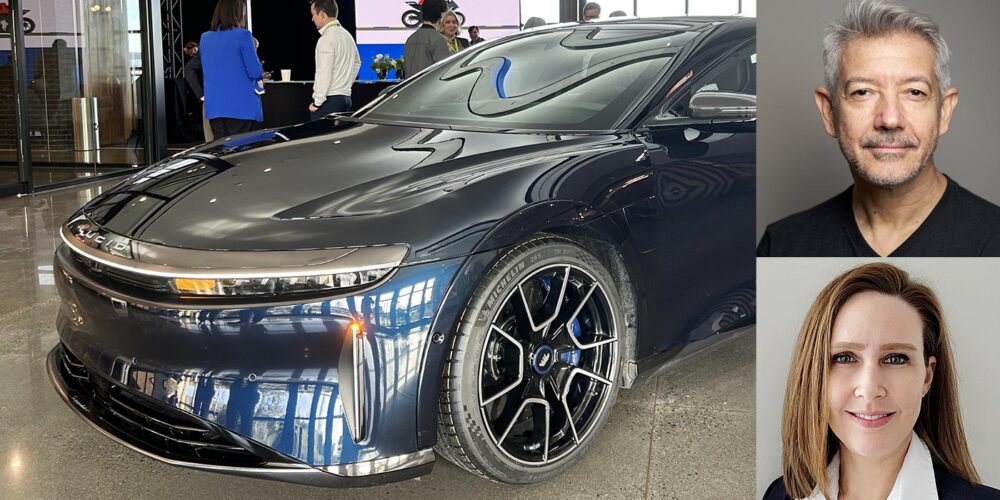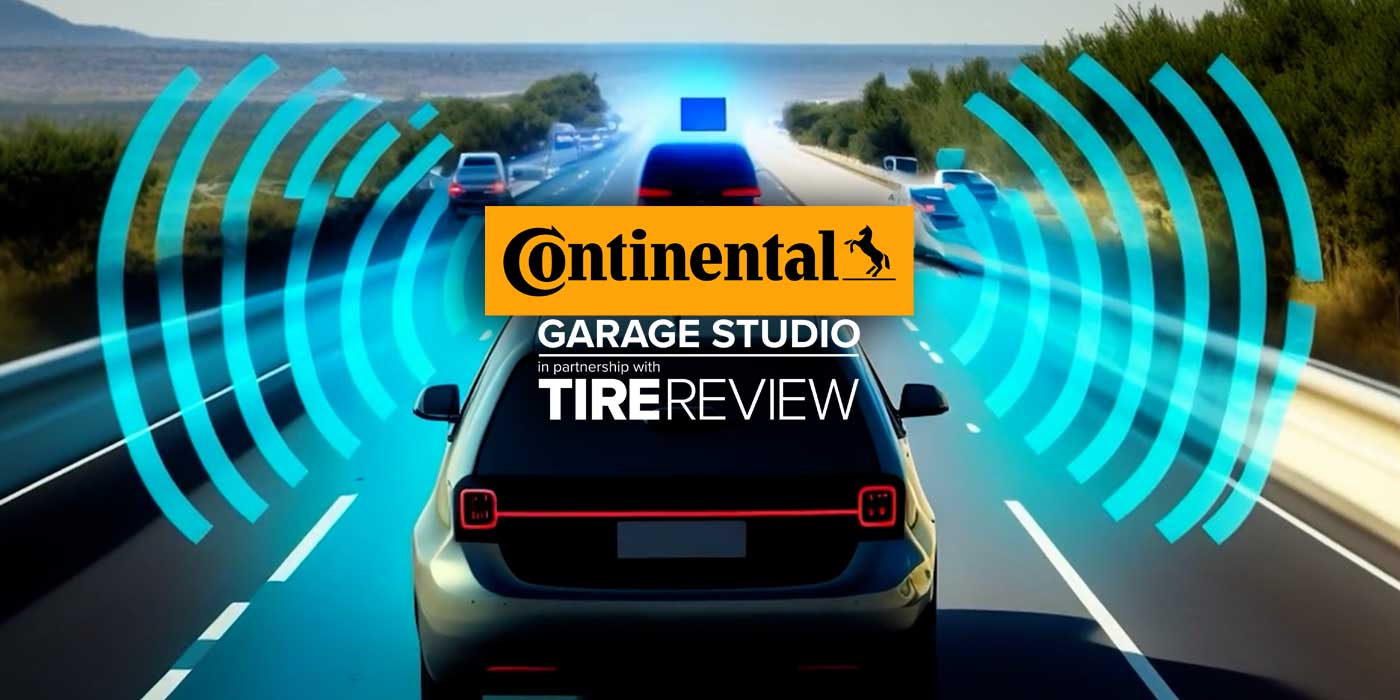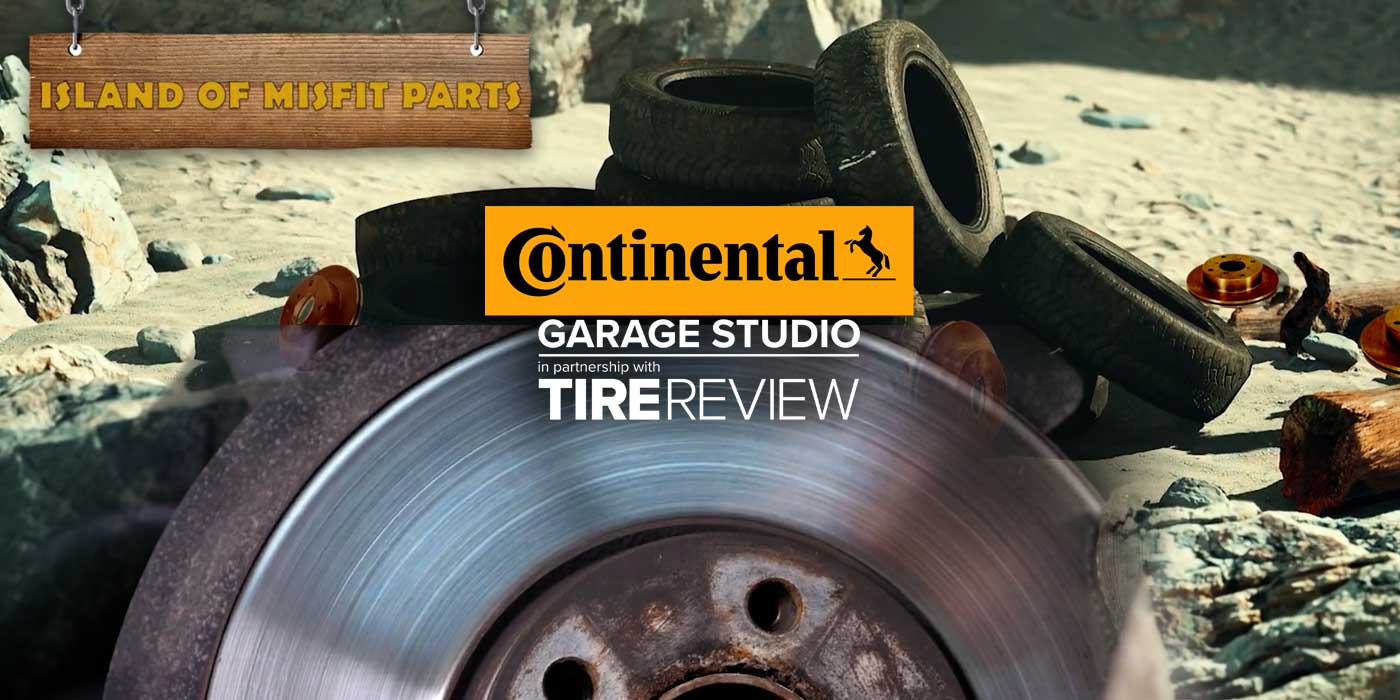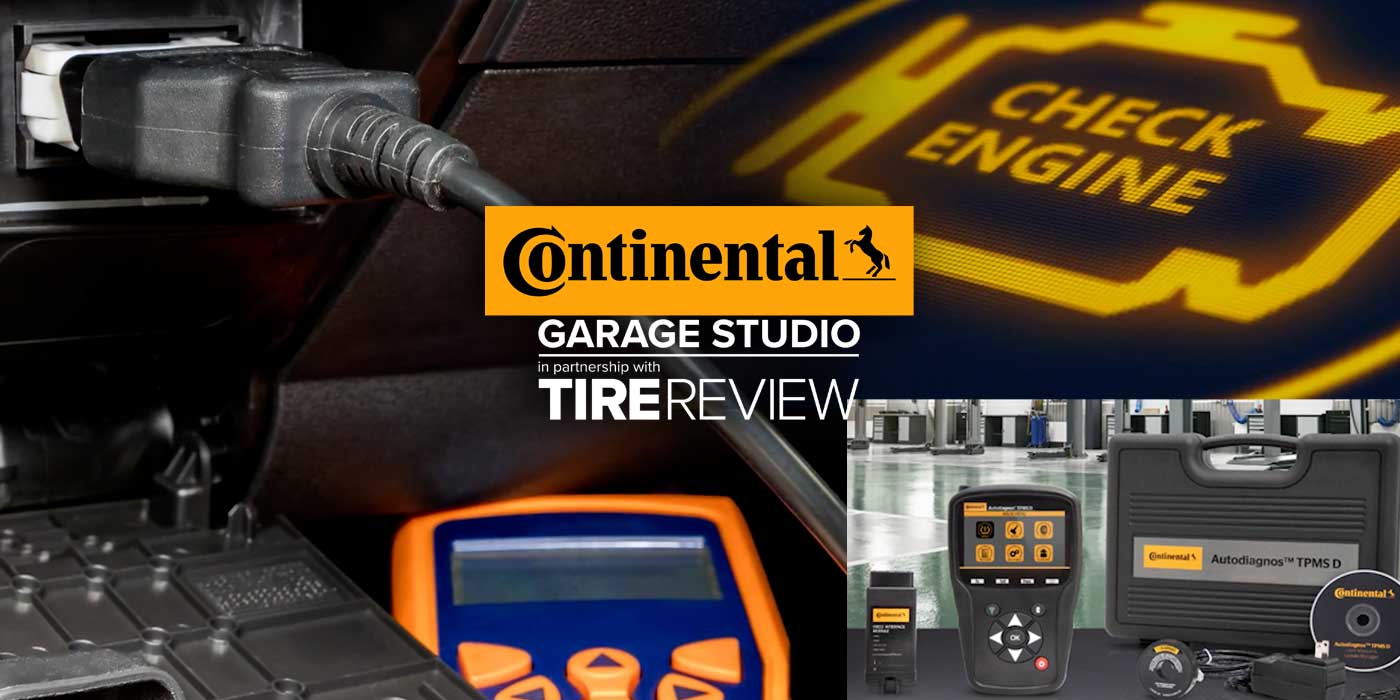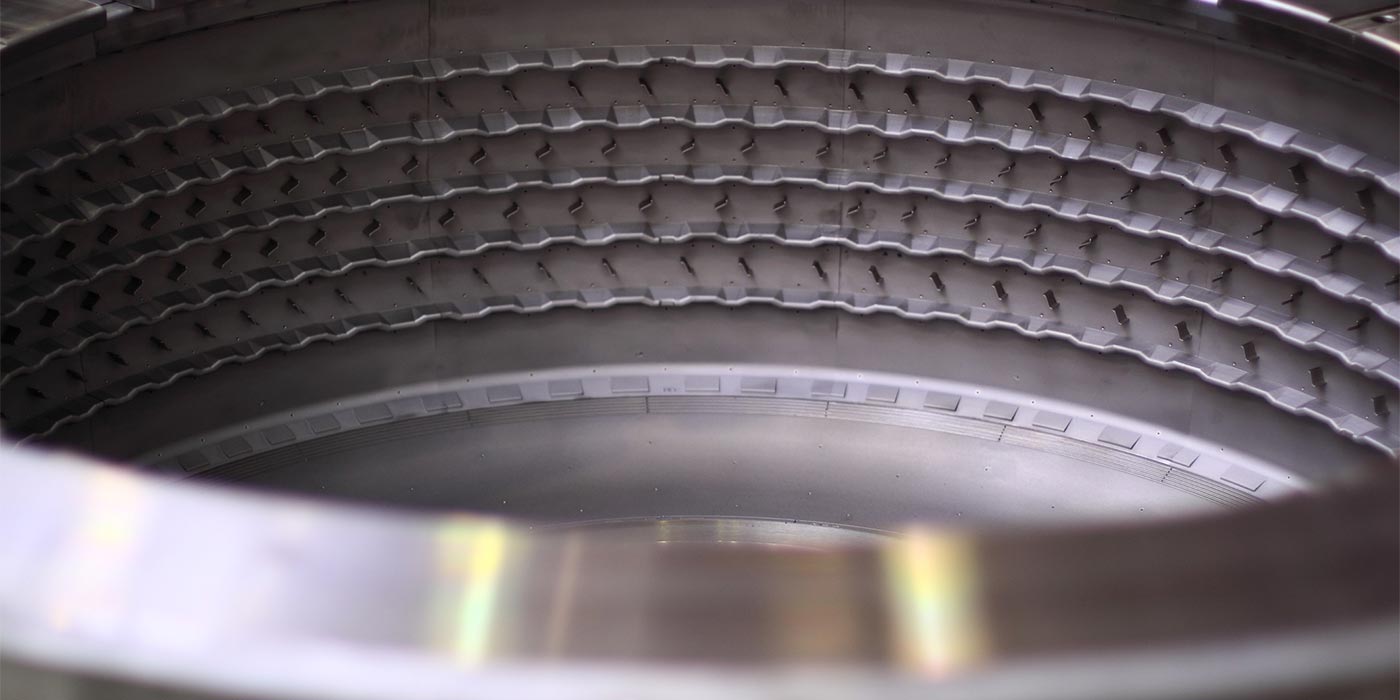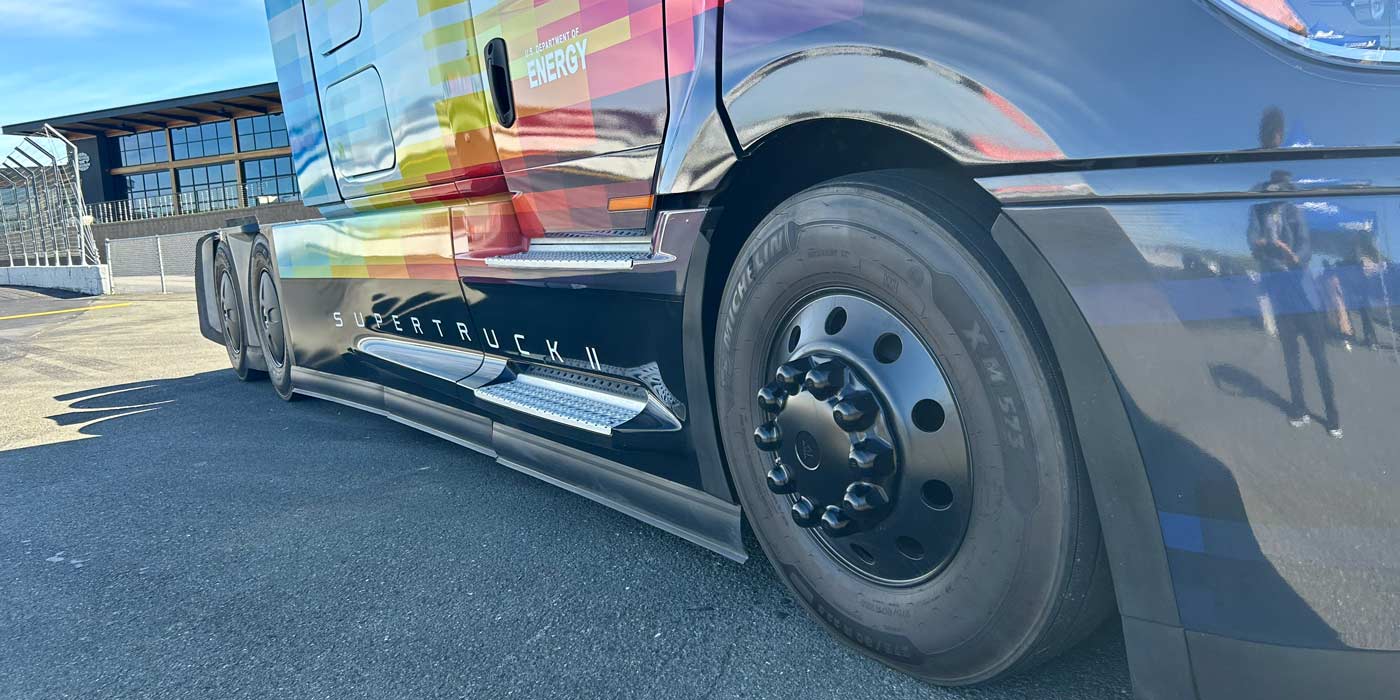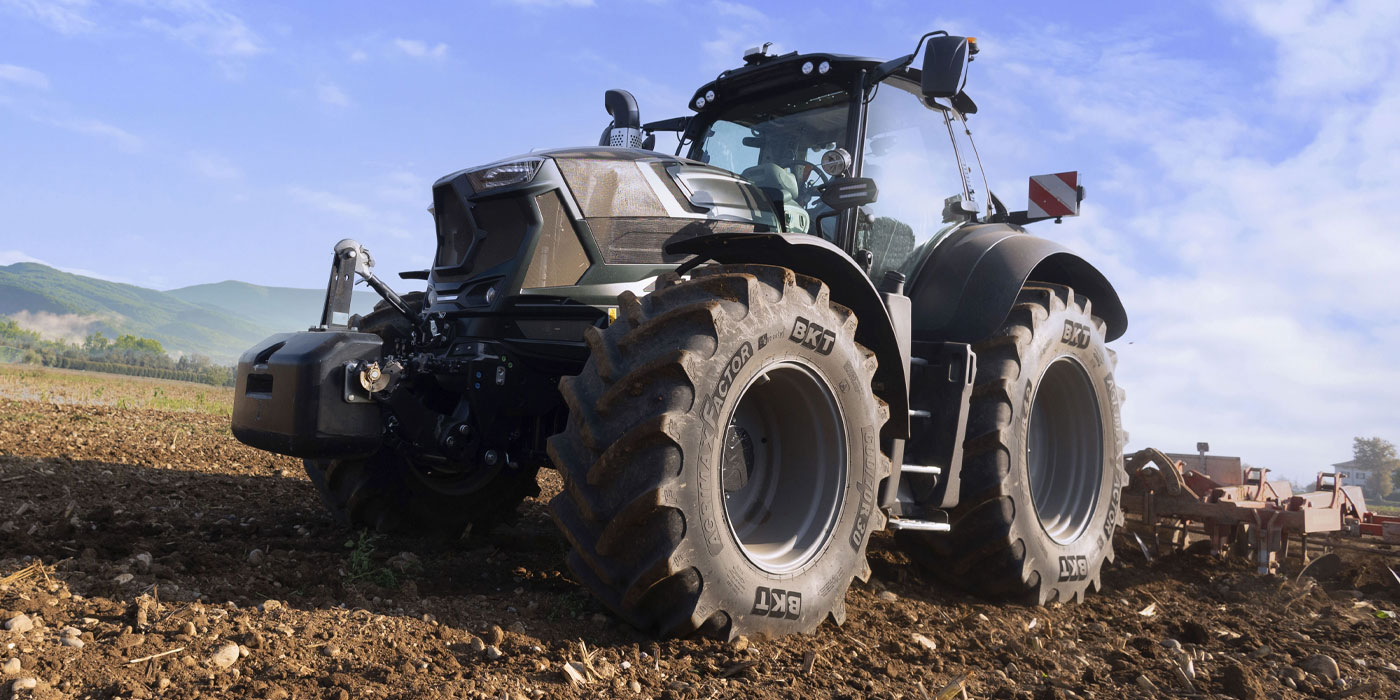By 2030, roughly 15% of vehicles in the U.S. market will be electric. That means that, slowly, these vehicles will make their way into your bays over the next several years. So, you should ask yourself: Do you have a tire partner whose products stand up to this challenge?
Luckily, Continental Tire is prepared. Find out how in this Tire Review Continental Tire Garage Studio video.
When it comes to tires for EVs, Continental Tire has engineering expertise and partnerships to back up its durable and resilient tire technology. This stems from the company’s extensive work as an OE tire supplier for EVs, which gives Continental first-hand insight into EV market needs.
EV automakers around the world rely on Continental tires and know that all Continental product lines are designed with EVs in mind. But what does that mean?
Well, there are three main differences between EV and ICE vehicles as it relates to tire performance:
The first is weight. EVs are typically heavier due to the additional weight from the battery. Continental tires are designed to carry the weight of your customers’ EV, as long as proper load capacity restrictions are observed.
Another way EVs differ from ICE vehicles is with noise. EVs are quiet since they don’t have noise from a running engine, which translates to less cabin noise. That means it might be important to your EV customer to purchase a premium tire designed for low noise. Continental uses acoustic and comfort optimizations, such as its ContiSilent technology, that are designed to reduce noise.
Lastly, we can’t discuss EVs without talking about range. Because many EVs on the market today have a limited battery range per charge, range is likely to be more top of mind for an EV customer. A tire’s rolling resistance influences the range of your vehicle. Continental leverages its proprietary technologies to deliver low rolling resistant tires for all customers regardless of if they drive an EV or ICE vehicle.
With superior technology and OEM partnerships, you can be assured all Continental Tire product lines are optimized for the needs of all types of vehicles—both with electric and internal combustion engines.
In fact, Continental is so confident about this that beginning this year, the company will add an EV Ready logo to the sidewall of new tire lines as they are introduced to the market, signaling that they can handle the unique characteristics of EVs.
Continental Tire products are designed to meet consumer needs whether they prioritize grip, tread life, noise or efficiency.
This video is sponsored by Continental Tire.

